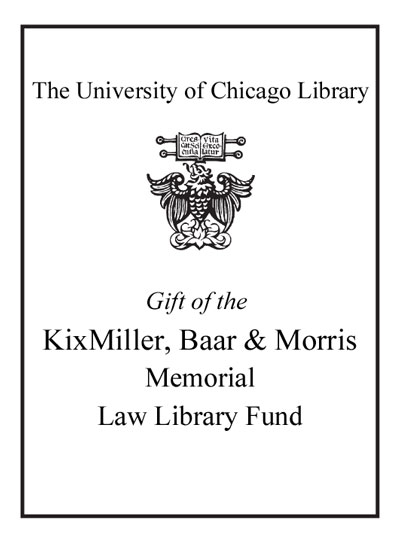Review by Choice Review
In his fourth book on the First Amendment to be published by the University of Illinois Press, law scholar and professor Bezanson (Univ. of Iowa) closely analyzes several recent US Supreme Court decisions, including the controversial decision protecting corporate speech rendered in Citizens United v. Federal Election Commission and the "out of thin air" free speech cases. On the whole, he feels the decisions drastically expanded the meaning and definition of speaker and speech. Bezanson critically and intelligently assesses the Supreme Court's methodology in each case by looking at not just the published opinions but also the transcripts of the justices' questioning of counsel, and he outlines the potential impacts and costs the decisions have on personal and political autonomy. He ultimately concludes that the Court's interpretation of the First Amendment's effect and meaning exceeds the constitutional responsibility bestowed upon the Court to act with full and reasoned independence. Ordinarily such critical examinations and conclusions should be cautiously heeded; however, in this instance, the presentation is thoughtfully and academically presented by a well-respected scholar. Summing Up: Recommended. Graduate, research, and professional collections. C. Ross University of Florida
Copyright American Library Association, used with permission.
Review by Choice Review

